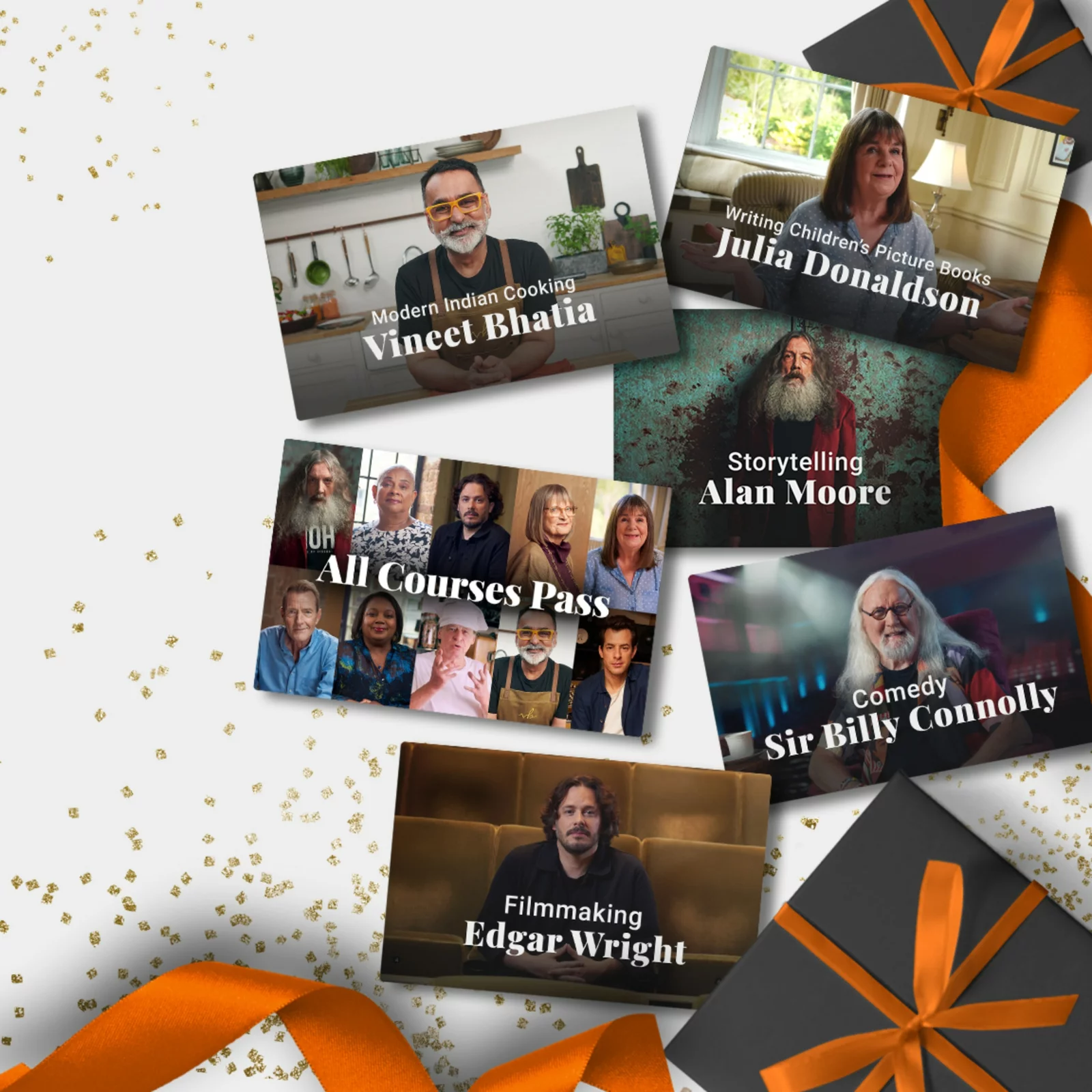
How to start a speech
By BBC Maestro
You step onto the stage and see a sea of faces looking at you. You have the opportunity to motivate, inspire or persuade your audience – but there’s one problem. How do you get started? It all begins with those first few words, but they can be the most nerve-wracking part of public speaking.
Why is the opening of your speech important?
First impressions matter. Whether you’re delivering a presentation at work or a speech at a wedding, the opening moments of your speech are when your audience will form an impression of you – and it’s when they’ll decide whether you’re worth paying attention to or not.
Holding an audience’s attention for five, fifteen or thirty minutes is no mean feat, especially when there are so many distractions around. If you can capture the audience’s attention with the opening of your speech, you stand a much better chance of having them listen to your entire speech. And that means it’s more likely that your message will linger in their thoughts, too.
Immediately connecting with your audience makes it more likely that they’ll see you as relatable, charismatic and empathetic, which can help them to trust what you have to say.
The opening of your speech also gives you a chance to set the tone for the rest of the presentation. Whether you want to teach them something, inspire them, entertain, persuade or motivate the audience, your opening should let listeners know what they can expect.
So, with all that in mind, here are a few ideas for how to start a speech to make sure that your next speech is a success.
Connect with your audience
One of the best – and easiest – ways of delivering a great speech is to make a connection with your audience members.
From a simple “good morning” to making eye contact with your audience, small things can make a big difference when it comes to getting the audience on your side. Acknowledging the audience, thanking them for their time and attention will set a positive tone and help to build a rapport with them.
Start with a hook
Begin with a compelling message that immediately grabs the audience’s attention. Think about your subject matter, and pick out the most provocative, dramatic or profound point to start with. Starting your speech this way will get your audience to sit up and pay attention.
But your hook shouldn’t be a random attention-grabber. Make sure that it’s tied to your speech’s main message or theme, and that you can easily transition from this attention-grabbing opener into the rest of the speech.
Engage the audience
As well as connecting with the audience, another good way to build a rapport and get them to take notice is by encouraging audience participation. You could ask a rhetorical question that requires some thought and introspection, or you could ask a literal question, and take an answer from an audience member.
Alternatively, you could conduct a quick poll or get your audience to agree or disagree with a statement through a show of hands. Whatever you do, engaging with your audience can help to create a shared experience that helps to keep your audience engaged, interested and invested.

Tell a story
Another powerful way to start your speech is by telling a story. Stories have the power to evoke emotions and get people thinking about the ideas and topics you’re presenting to them, which can help you to connect with them on a deeper level.
And when people feel emotionally engaged with a topic, they’re more likely to remember the ideas you’ve discussed. But only if the story you choose is related to your speech’s main message. If you tell an irrelevant or meandering story to kick off your speech, they’re likely to be left confused and wondering what the point was, rather than engaged and eager to hear more.
Pose a problem
Starting your speech or presentation by presenting a problem or challenge is another way to hook the audience in and get them to pay attention. Think about who you’re talking to, what you’re talking about, and why they should be interested in what you have to say.
By opening with a challenge or problem, you can grab their attention and make them realise that your speech is something worth paying attention to.
Throw the rule book away
It can be easy to get bogged down in speech structures, especially if you’re nervous about public speaking. You want it to be perfect, so you prepare a speech with an introduction, middle and conclusion, and practice it over and over again.
That’s likely to lead to a good speech, but sometimes the very best speeches come when they’re relatively unstructured. So, instead of preparing an opening for your presentation, think about ditching the rigid structure and talking about what’s really important.
That might mean telling a personal anecdote, opening with a joke, or seeing how the audience’s energy level and interest is on the day. Going into your speech with just some notes and a general idea of the direction in which you want to take it leaves you with an opportunity to make it more conversational – and sometimes, that’s where the true magic happens.
Curious to learn more tips and tricks for improving your public speaking? Richard Greene has coached everyone from Princess Diana to the United States Senate, and in his BBC Maestro course, Public Speaking and Communication, he’ll share his insights with you, too.
See more courses

Give the gift of knowledge
Surprise a special someone with a year's access to BBC Maestro or gift them a single course.